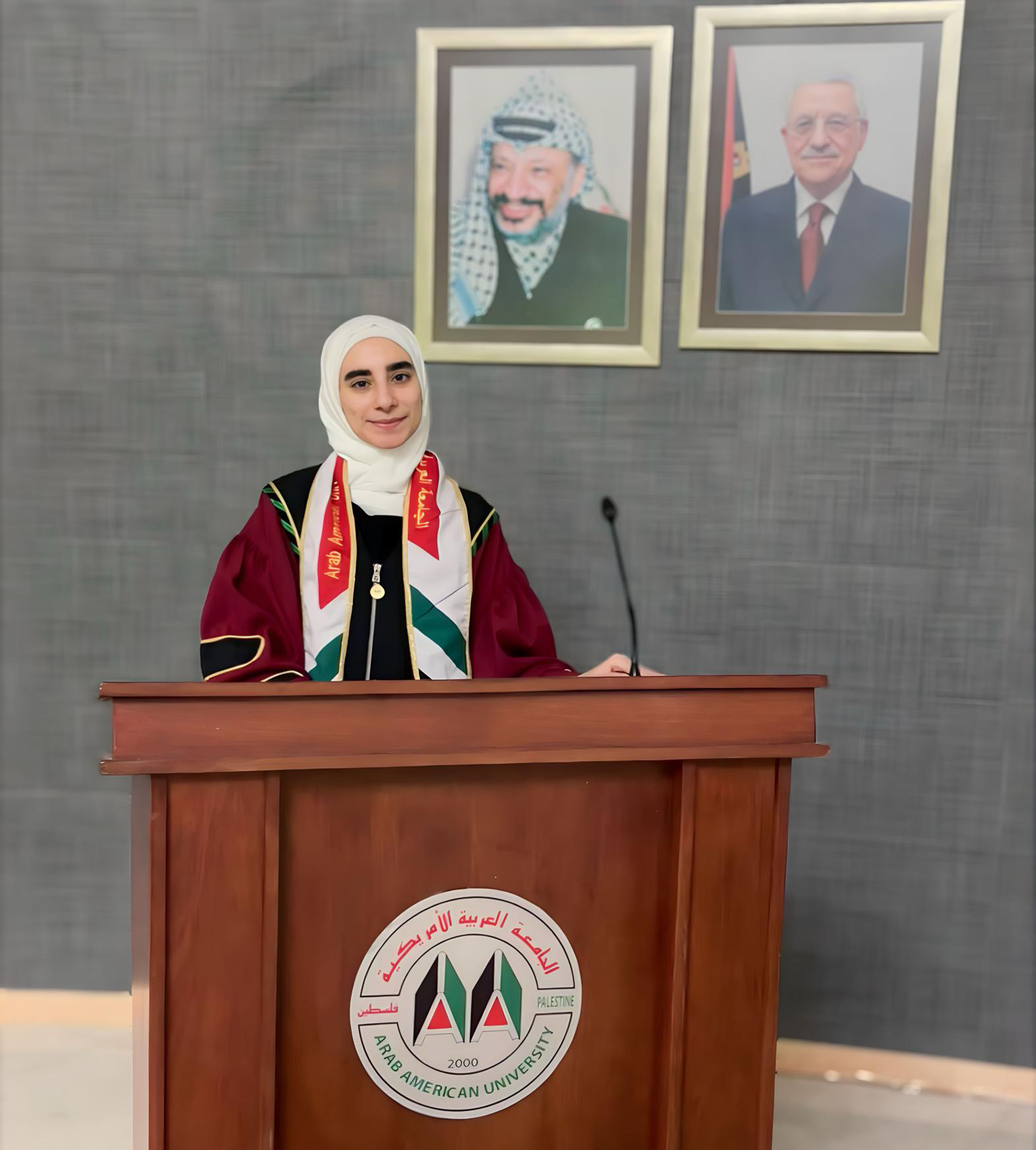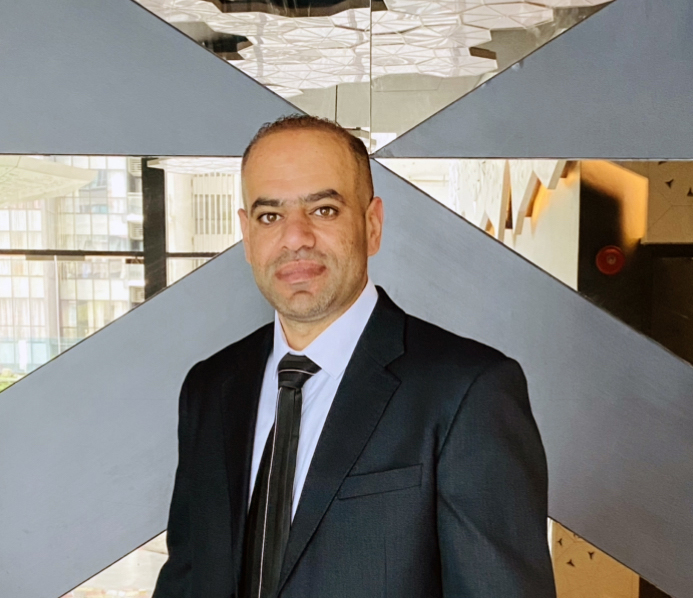
At the time where Palestine is trying to understand the new COVID strains and to control it and limit its spread to determine the pandemic status in the country, a team of AAUP and the Ministry of Health conducted genetic tests to discover the new coronavirus strains in some of the patients’ samples.
The research team discovered that the new COVID-19 strains do exist in some samples of the COVID-19 patients from all over the West Bank and Jerusalem. This puts Palestine among the countries that have the new strains of COVID-19 that recently appeared in the UK.
Dr. Nowar Qotob from AAUP explained: “the functional impact of the new strains is not determined yet, but as it spreads fast and because of its biological importance, it was an urgent need to start studying it and following its existence in Palestine”. Mr. Osama Najjar- the Allied Medical Services General Manager in the Ministry of Health talked about the indicators of the spreading of COVID-19 in Palestine and said: “the situation is still dangerous and is getting even worse”. He also warned that the numbers are getting larger and that safety precautions must be strictly applied.
In a previous_ first of its kind_ study in Palestine that was published in November, experts from AAUP, the Ministry of Health and University College London conducted a study about the Genetic Sequencing of COVID-19 between patients in Palestine using the modern technology available in the laboratories of Arab American University to discover the next generation sequencing.
The samples were compared to almost over 50000 other samples from patients all over the world.
To see more details about this study, please: click here
















Add new comment